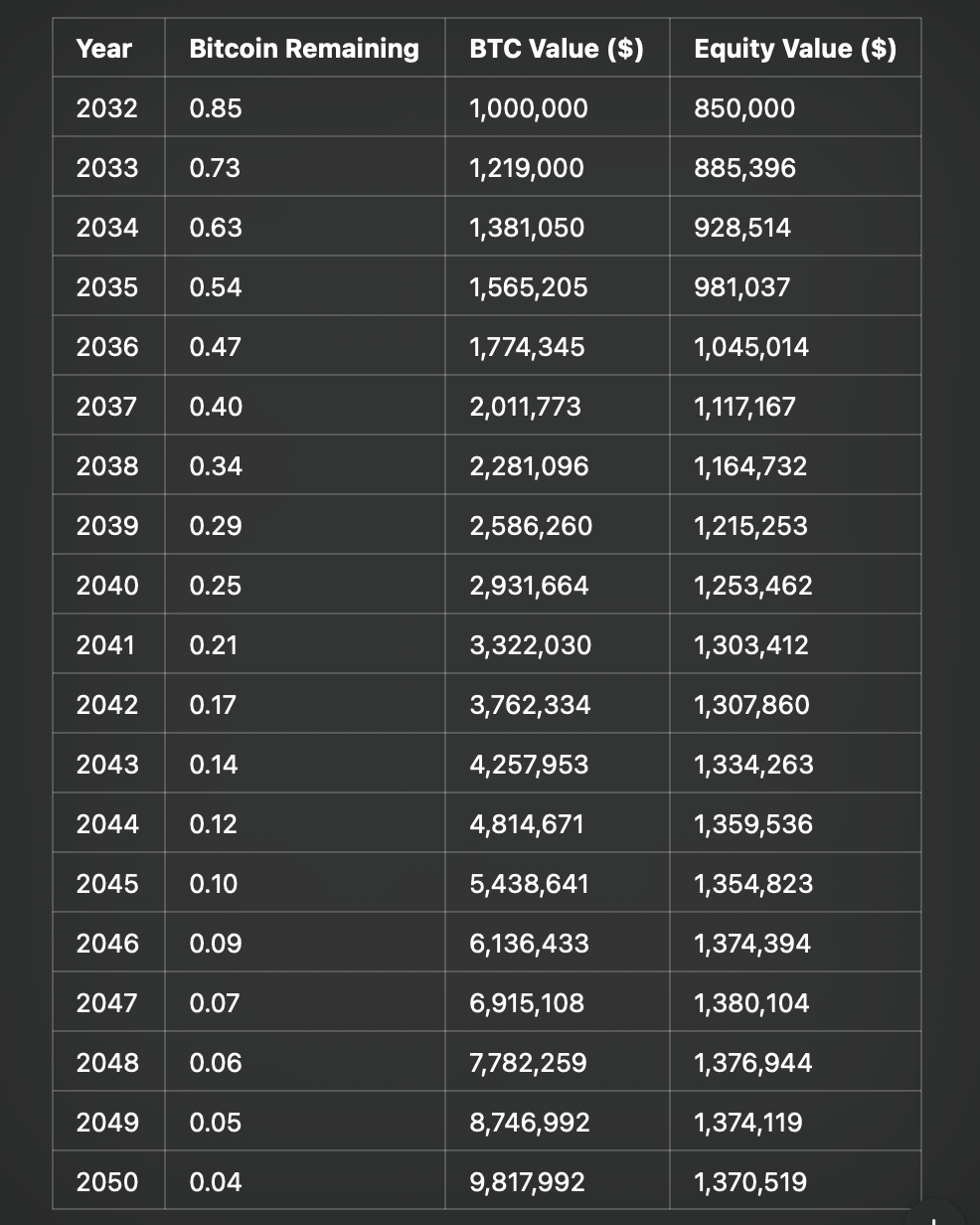State
securities regulators across North America are grappling with an unprecedented
wave of technology-driven investment fraud. According to an
annual enforcement report released Tuesday, investigations into digital
assets and social media scams reached record levels in 2023.
Crypto and Social Media Scams
Drive Record US Securities Probes
The North
American Securities Administrators Association’s (NASAA) 2024 Enforcement
Report revealed that state regulators conducted 8,768 active investigations
last year. Digital assets and internet-based fraud emerged as the
dominant threats to retail investors.
Regulators
initiated 343 new investigations
into cryptocurrency-related schemes excluding staking and NFTs. Another 144 cases specifically targeted crypto staking operations. Social
media-driven investment fraud accounted for 205 new cases, marking a
significant increase from 2022 levels.
“Fraudsters
often exploit the buzz that comes with innovation and technology to take
advantage of investors,” said
Leslie Van Buskirk, NASAA President and Administrator, Division of Securities,
Wisconsin Department of Financial Institutions. “Combine that with the many
ways in which technology and social media link us together and bad actors find
significant opportunities to try and rip off investors.”
The
enforcement actions resulted in more than $333 million in monetary penalties
and restitution orders. Courts handed down criminal sentences totaling 461
years of incarceration and 227 years of probation.
The report detailed extensive oversight of licensed
securities professionals:
Regulators also took decisive action against misconduct, revoking 52
licenses and barring 86 individuals and firms from the industry.
The UK FCA
also recently took more decisive action against unregulated crypto firms.
During a period of 10 months, the regulator issued over 1,000 warnings and
removed 48 potentially dangerous apps from popular online stores.
Rising
Trend in Senior Financial Exploitation
The targeting of older investors has reached alarming levels—state
regulators received 3,481 complaints of alleged misconduct against senior
citizens in 2023. These investigations led to 131 enforcement actions involving
nearly 3,000 elderly victims.
The most concerning development is the shift from traditional investment
frauds to technology-based schemes. Internet scams and digital assets
emerge as the top two threats to senior investors.
The NASAA Model Act to Protect Vulnerable Adults from Financial
Exploitation, now adopted by 43 US states and territories, has proven
increasingly vital. Reports of suspected exploitation have grown dramatically
from 500 in 2017 to 4,291 in 2023, leading to approximately 1,100
investigations.
We have just released our 2024 Enforcement Report, which reveals a sharp rise in investigations related to technology and digital assets, alongside a significant increase in public tips and investor complaints. Details: https://t.co/TvMec4sZNU pic.twitter.com/mvlGHOmTrn
— NASAA (@NASAA) October 22, 2024
Artificial
Intelligence Emerges as New Frontier for Investment Fraud
A troubling new trend in 2023 has been the rise of fraudulent investment
schemes supposedly powered by artificial intelligence. Scammers are
capitalizing on the AI boom to create sophisticated deception schemes, often
impersonating public figures to lend credibility to their operations.
“This report reflects NASAA members’ long-standing commitment to stopping
investment scams and getting justice for victims,” said NASAA Enforcement
Section Committee Co-Chair Amanda Senn, Alabama Securities Director.
In a notable case, regulators in five states took action against an
operation called “Shark of Wall Street” and “Hedge4.ai”
that falsely claimed to use AI models for cryptocurrency price prediction and
fraudulently implied endorsement from Elon Musk.
The scheme promised returns of up to 10,000 times the initial investment
through its “TruthGPT Coin.”
The report
also highlighted increased cooperation between state and federal authorities.
The SEC and FINRA referred 608 cases to state regulators—a 40% jump
from the previous year.
This article was written by Damian Chmiel at www.financemagnates.com.
Source link

















